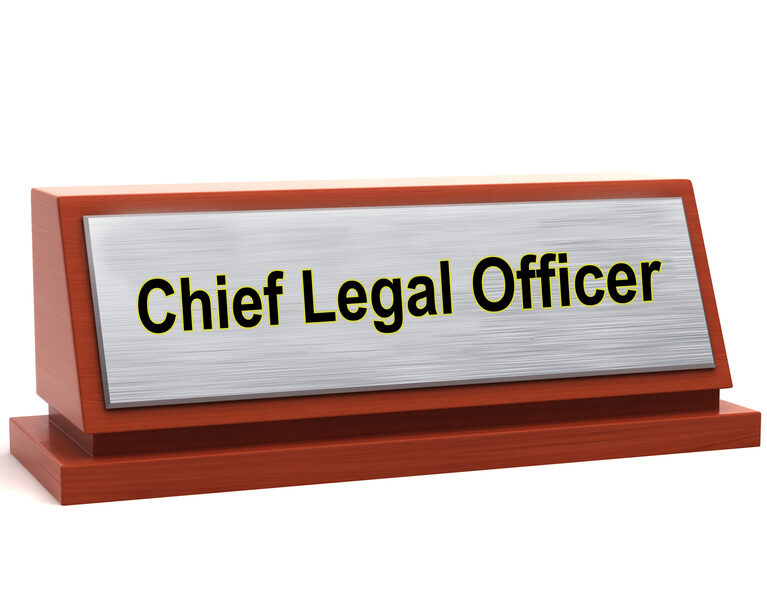In the modern corporate landscape, the role of a Chief Legal Officer (CLO) goes far beyond legal expertise. CLOs are not only responsible for providing sound legal counsel but also for aligning their decisions with the company’s business objectives. However, this alignment often poses a delicate challenge—balancing ethics with the pursuit of business goals. In this thought-provoking exploration, we delve into the ethical tightrope that CLOs walk and highlight real-world scenarios where they must strike a harmonious balance between legal compliance and organizational aspirations.
The CLO’s Dual Role: Legal Expertise and Strategic Leadership:
Chief Legal Officer serve as the company’s legal guardians while also playing a crucial role in shaping its strategic direction. Their decisions impact not only the legality of the company’s actions but also its reputation, financial stability, and long-term viability. This dual role demands an intricate dance between ethical considerations and the pursuit of business success.
Navigating the Gray Zone: Ethical Challenges Faced by CLOs:
Ethical dilemmas frequently arise in the CLO’s journey. Consider situations where legal compliance may conflict with ethical principles. For instance, a company may be legally allowed to engage in a certain business practice, but doing so might raise ethical concerns. CLOs must navigate these gray zones, weighing the legal permissibility against the potential ethical repercussions.
Scenario 1: Balancing Profitability and Employee Welfare:
Imagine a scenario where a company seeks to enhance profitability by reducing employee benefits. Legally, the company might have the prerogative to do so, but ethically, it raises concerns about the well-being of its workforce. CLOs are tasked with evaluating the legal boundaries while considering the ethical implications of such decisions.
Scenario 2: Environmental Responsibility vs. Business Growth:
Another real-world example is the tension between environmental responsibility and business expansion. While certain practices might be legally compliant, they could have adverse environmental effects. CLOs must assess the legal framework while addressing potential harm to the environment, reconciling short-term gains with long-term sustainability.
The Path of Ethical Leadership: How CLOs Strike a Balance:
Striking the right balance between ethics and business goals requires a combination of strategic thinking, moral integrity, and legal expertise. CLOs play a transformative role in guiding the organization toward ethical conduct by:
- Holistic Assessment: Evaluating legal and ethical implications to provide comprehensive advice that aligns with the company’s values.
- Collaboration: Engaging with diverse stakeholders, including executives, legal teams, and compliance officers, to ensure well-rounded perspectives.
- Transparency: Communicating openly about the legal and ethical considerations underlying decisions, fostering a culture of trust and accountability.
Conclusion:
Chief Legal Officers are entrusted with a challenging yet vital role—navigating the intersection of ethics and business goals. In a world where corporate actions are scrutinized through both legal and ethical lenses, CLOs act as the moral compass, guiding the organization toward decisions that stand the test of legality and uphold ethical principles. Through careful navigation of ethical dilemmas and an unwavering commitment to aligning legal decisions with the company’s broader objectives, CLOs prove themselves as architects of ethical leadership, shaping organizations that thrive not only in the present but also in the long run.
